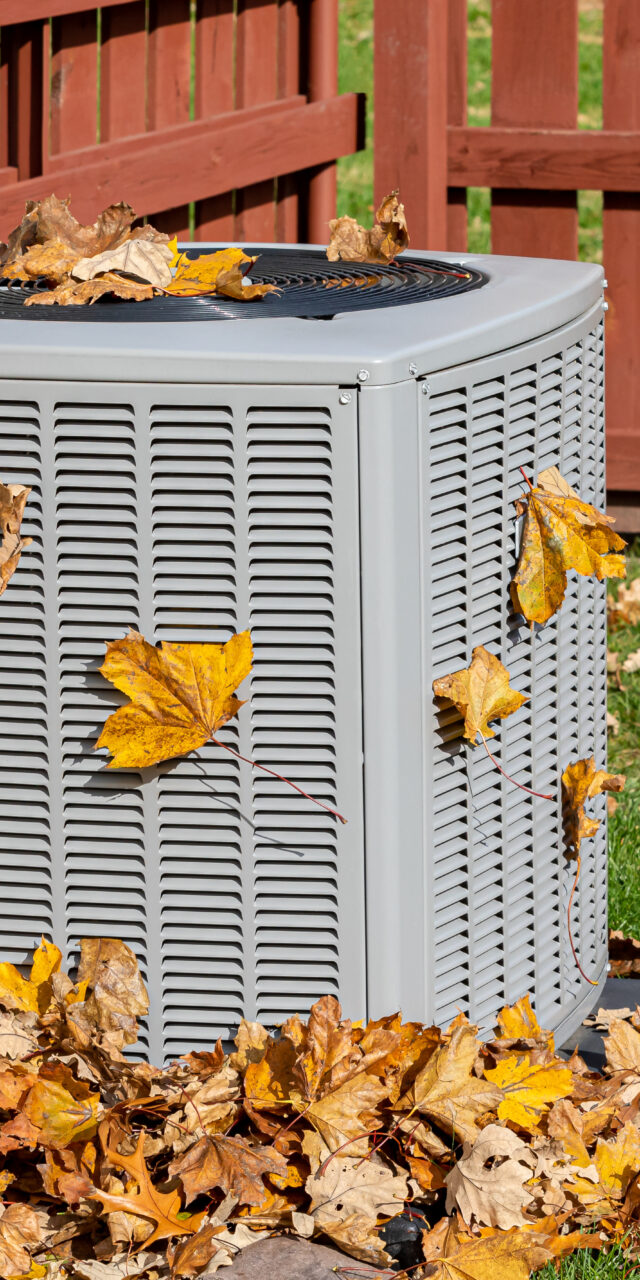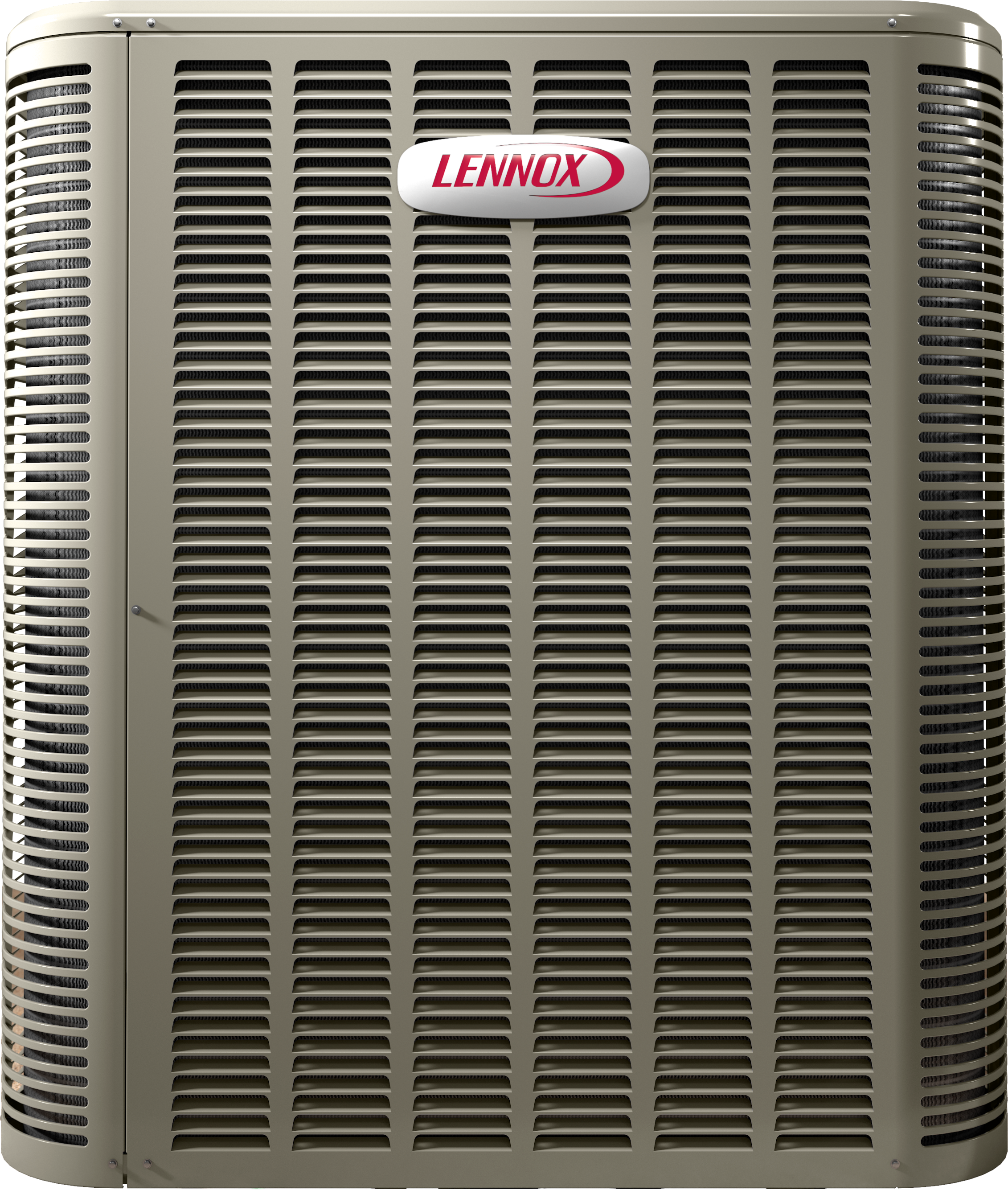Common Heat Pump Repairs We See
Do you need to have your heat pump serviced? Our experts can assess your heating and air issue. Here are a few examples of common problems homeowners may have with their Heat Pump system.
4 Common Heat Pump Problems To Have Serviced
Poor Heating Performance: The most common issue with heat pumps is that they may not provide sufficient heating. This can be due to several reasons, such as blocked or dirty air filters or a malfunctioning thermostat. If the heat pump is not sized correctly for the space it serves, it can also lead to inadequate performance.
Frequent Cycling: If the heat pump turns off and on too frequently, it might be due to a mechanical or sensor malfunction. This constant cycling can increase energy usage and lead to premature wear and tear on the system.
Noisy Operation: Heat pumps are typically designed to operate quietly. If you start to hear unusual noises such as grinding, squeaking, or rattling, this could indicate a problem with the fan or motor.
Heat Pump Doesn’t Turn On: This can be due to several reasons, such as a tripped circuit breaker, a blown fuse, or issues with the thermostat. If the system’s controls are faulty or if the pump has a mechanical problem, it might fail to start.
Is There Anything I Can Do Before Calling A Professional?
If your heat pump is not blowing hot air in the cooler months, explore these main causes for why your heat pump is not working if you want to avoid a service call.
3 Possible Issues When Your Heat Pump Isn’t Working
A clogged air filter. When too much dirt and debris builds up in the air filter, it can block airflow to the compressor which is responsible for heating your home’s air. Routinely check your filter and replace it with a new one if it’s dirty or clogged.
The unit is blocked. Heat pumps heat your home by pulling the air outside into your home. If your unit is blocked by snow, ice, leaves or another type of debris, this can make it hard for the heat pump to have adequate airflow to the inside. This is a simple problem to address—just clean off your heat pump and clear away any debris that is blocking it.
Refrigerant level or charge is low. After inspecting your system and seeing no obvious issues, or the previous methods did not work, then you may have a leak. If your heat pump has a leak, it can cause refrigerant levels to become low, and your heat pump will struggle to bring enough heat into your home. Refilling and recharging refrigerant levels must be done by an EPA-certified HVAC professional, so have one of our technicians come to address this problem.




Is It Time For A New Heat Pump?
The age of your heat pump is an important consideration, with most lasting between 10-15 years. If your heat pump falls within this range and is experiencing recurring issues, it might be time to replace it. A noticeable spike in energy bills is another sign your heat pump might be losing efficiency, indicating that replacement could be necessary.
If you find your heat pump requiring frequent repairs, this could signal a failing system, and replacing it could save you more money in the long run. Inconsistent temperatures from room to room might point to your heat pump not functioning properly, necessitating a replacement.
Similarly, excessive noise during operation could mean there’s a serious issue with your heat pump, potentially requiring a replacement. Lastly, if your home isn’t as comfortable as it used to be—too cold in winter or too hot in summer—it could be a sign that your heat pump is no longer capable of adequately conditioning your home and should be replaced.
Heating doesn’t have to be a hassle. Contact our professionals today to see if a new Heat Pump is right for your home.


